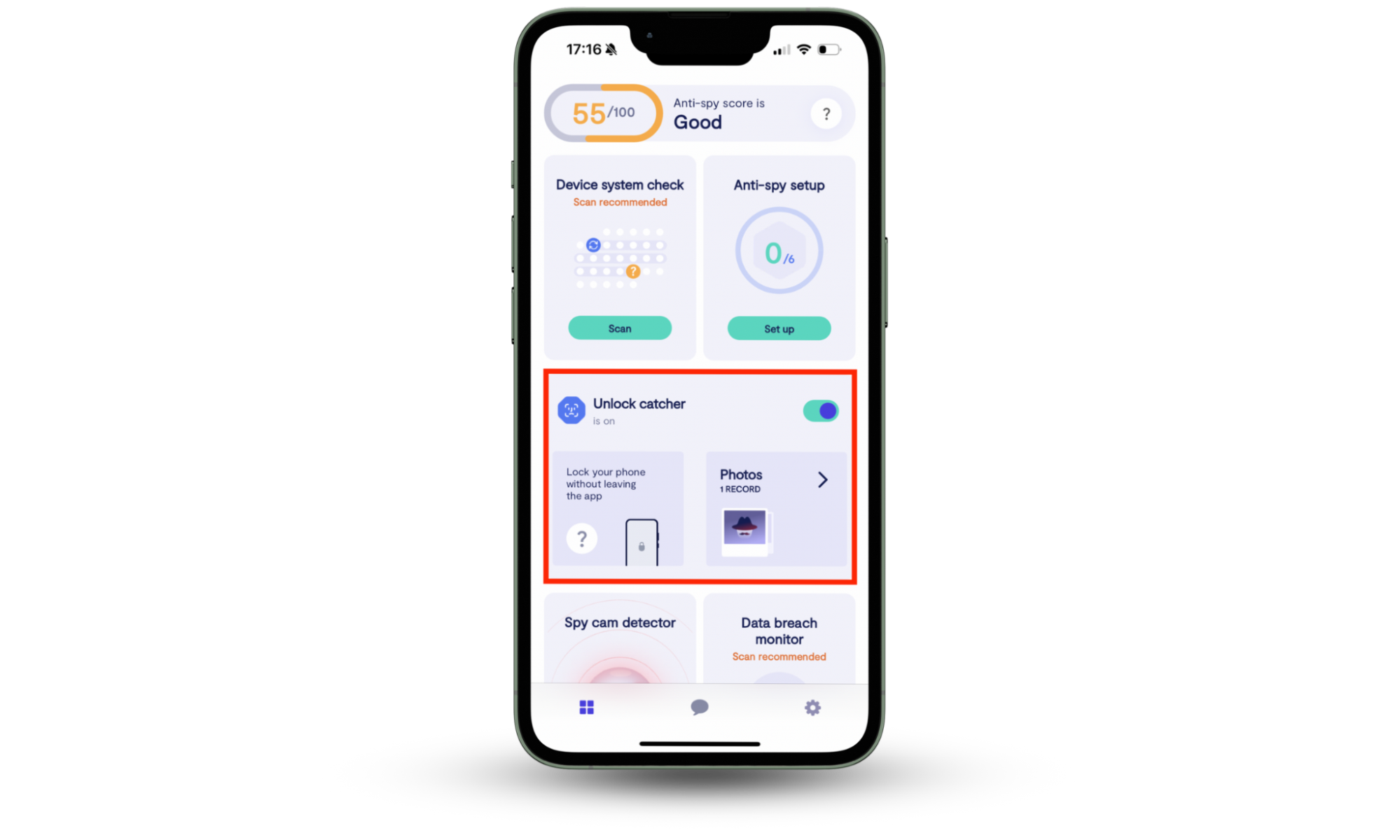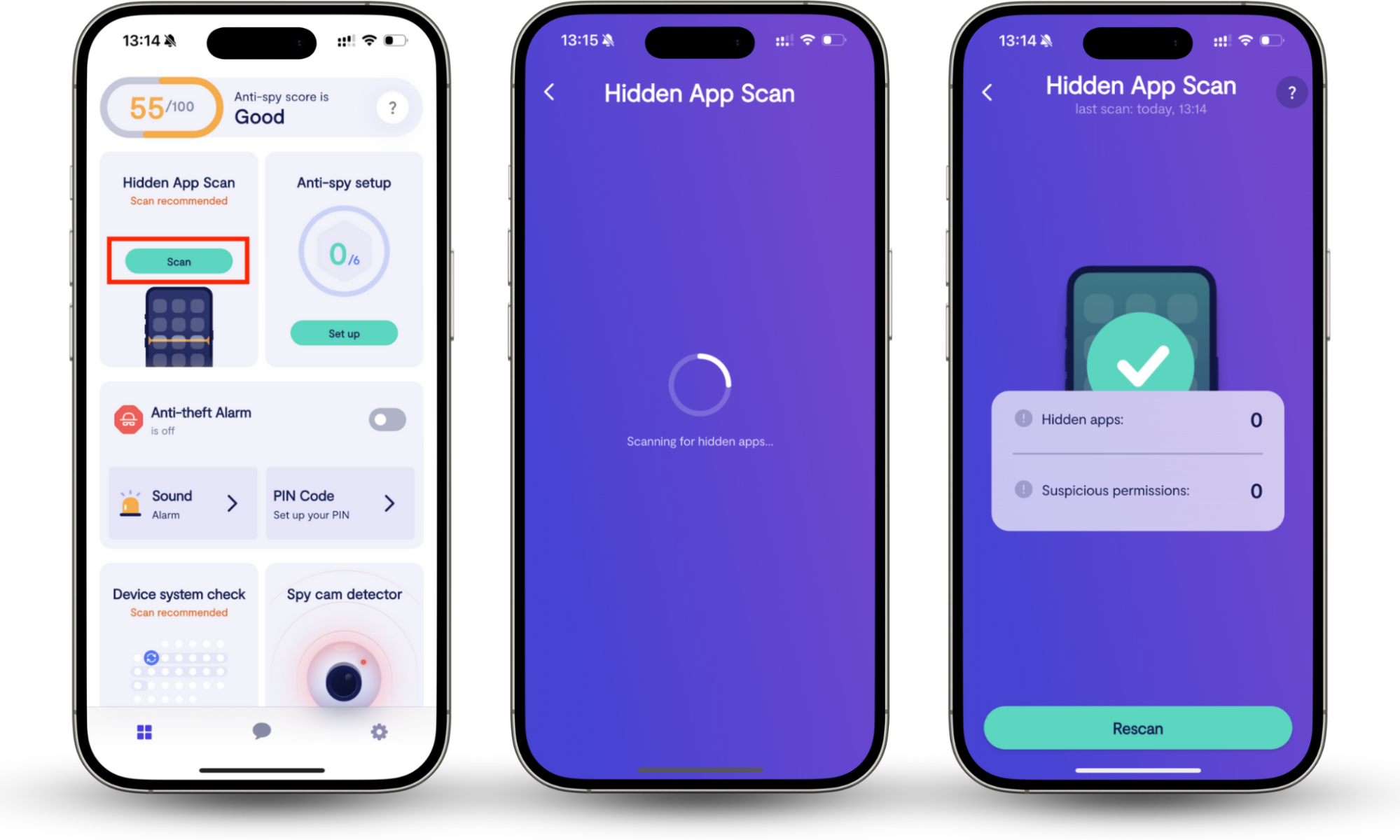Table of contents
- Examples of manipulation in relationships
- 1. Behavioral manipulation
- 2. Emotional manipulation
- 3. Psychological manipulation
- 4. Communication manipulation
- Signs of manipulation in relationship
- 1. Gaslighting
- 2. Love bombing
- 3. Passive-aggressive behavior
- 4. Isolate you from family and friends
- 5. Blame shifting
- How to respond to manipulation in relationships
- 1. Don't minimize manipulation
- 2. Seek professional help
- 3. Set your boundaries
- 4. Show compassion for yourself
- Conclusion
Examples of manipulation in relationships
There are many examples of manipulation in relationships, and they can show up in all sorts of ways. Sometimes, it's about controlling your behavior by dangling rewards or withholding affection. Other times, it messes with your emotions through guilt or fear. It can also involve twisting reality or being passive-aggressive to keep you off balance.
1. Behavioral manipulation
Behavioral manipulation is all about trying to control your actions. This could involve playing mind games, making vague threats, or withholding affection. You end up trying harder to make up with your partner and never quite feeling like you're doing enough.
What behavioral manipulation looks like:
- Mind games: Your partner says one thing, then acts another way. One day, you're their whole world. Next, they're distant and cold. You're stuck wondering what you did wrong, even if nothing happened.
- Create pressure: Instead of yelling or threatening outright, they use vague, unsettling lines like, "Don't make me do something we'll both regret" or "I can't promise how I'll react".
- Conditional affection: They're loving and kind when you go along with what they want, but cold and critical the moment you disagree. Ovewhenese conditions cause you to behave the way they want.
- Withholding love: After a fight, they shut down emotionally or sexually—not to cool off, but to punish you. You feel like you have to earn back their warmth.
- Using family and friends as leverage: They guilt you by dragging in other people. They might say, "If you leave, you'll tear this family apart," or "Your mom would be so disappointed in you."
- Scapegoating: Everything is your fault. Their bad mood? You. Their bad day? Also you. Eventually, you start taking the blame just to stay away from more drama.
2. Emotional manipulation
Emotional manipulation plays on your feelings. It keeps you hooked through guilt, shame, confusion, or forced closeness. You might feel like you're on an emotional rollercoaster, always trying to "get back" to the version of your partner who was kind and loving.
Common signs of emotional manipulation in a relationship include:
- Guilt tripping: You try to set a boundary, and your partner fires back with "After everything I've done for you, this is how you treat me?" Suddenly, you feel like the one in the wrong.
- Emotional blackmail: They use fear or threats of self-harm to keep you from leaving. You might hear things like, "If you leave, I don't know what I'll do to myself."
- Love bombing: You get hit with non-stop compliments, affection, and surprise gifts, usually at the start of the relationship or after a fight. It's meant to win you over fast and keep you emotionally hooked.
- Silent treatment: Instead of communicating, they go completely quiet, leaving you to panic and fix the situation when you've done nothing wrong.
- Triangulation: They bring up other people to make you feel jealous or not enough. They may say, "Even my ex never acted like this" or "Everyone else thinks I'm right."
- Playing the victim: They hurt you, then flip the script to make you the bad person. You end up comforting the very person who just crossed the line.
3. Psychological manipulation
Psychological manipulation plays with your head. It distorts your sense of truth, reality, and even identity. You start doubting your memory, second-guessing your judgment, and slowly losing trust in your own voice.
Psychological manipulation might include:
- Gaslighting: Your partner flat-out denies things you know happened. E.g., "I never said that. You must be confused." Over time, you start believing them.
- Future faking: They make big promises—such as vowing to marry you or change their behavior—but only to get something from you in the moment. They never follow through on those promises.
- Exploiting insecurities: They zero in on your fears and use them against you. They might say, "No one else would ever put up with you" or "You'd fall apart without me."
- Mental manipulation: They twist things around until you're apologizing for reacting to their manipulative behavior. Conversations go in circles, and you leave feeling exhausted, confused, and ashamed.
4. Communication manipulation
This is not always what your partner says—it's how they say it, or what they intentionally leave out. The goal is to steer the conversation in their favor, confuse you, or wear you down until you just give in.
Tactics to watch for include:
- Blame shifting and projection: Your partner accuses you of what they're actually doing. For example, they might flirt with someone, then call you jealous.
- Passive-aggressive digs: Says something hurtful but tries to pass it off as a harmless comment, like a subtle jab about your appearance. They get their point across without actually having to take responsibility for it.
- Stonewalling: They go quiet and completely shut you out. It's less about taking space to cool off and more about dodging the conversation and maintaining control by not engaging at all.
- Controlling the narrative: Tells half-truths, leaves out key details, or spins things so that you always look like the problem—especially in front of others.
- Exaggeration for guilt: They blow things out of proportion to make you feel like the villain. You might hear, "You always do this," or "You never care about how I feel." You start apologizing just to keep the peace.
It's not uncommon for a manipulative partner to also start spying on your phone in an attempt to get even more power and control over you. For instance, they may check messages, dig through call logs, or even install spyware without your knowledge. That's where Clario Anti Spy comes in.
It's an anti-spyware solution that has multiple features to protect your privacy on iPhone and Android. You can activate the Unlock catcher to snap a photo if someone tries to unlock your phone and run a Hidden app scan to detect hidden or suspicious apps running in the background.
Here's how you can protect your privacy with Clario Anti Spy:
- Download Clario Anti Spy and subscribe to create an account.
- Enable the switch under Unlock catcher to secretly take a snapshot whenever someone tries to unlock your phone without permission.
- Tap Scan under Hidden app scan to check for apps that are hidden or have suspicious permissions. If anything looks off, follow the on-screen steps to remove it.


Clario Anti Spy also comes with 24/7 support, with real people ready to help if something doesn't feel right. Here's a real story from one of Clario's agents about a man who suspected his phone was being secretly monitored by his partner:
"The client reached out to us with concerns that his phone may have been compromised by spyware, which he suspected had been covertly installed by his spouse. According to the client, his wife seemed to possess an uncanny awareness of his private conversations and whereabouts, leading him to believe that his device was being monitored without his consent. In response, we recommended utilizing our Hidden app scan feature—a tool specifically designed to detect unauthorized or potentially malicious applications that may be used for surveillance purposes.
Upon initiating the scan, several suspicious applications were flagged by the system. We advised the client to carefully review the list and confirm whether he had knowingly installed any of the detected apps. After his review, he affirmed that he did not recognize or recall downloading the majority of them. Based on this, we provided step-by-step guidance on how to locate and securely remove each of the flagged applications to restore the integrity of the device.
To further enhance his digital privacy, we also recommended adjusting his device’s location settings, including revoking unnecessary permissions from apps that had access to real-time geolocation data. The client expressed sincere gratitude for our support, stating that the assistance brought him considerable peace of mind, and assured us that he would not hesitate to contact us again should he require further help in the future."
Signs of manipulation in relationship
If you constantly feel confused, guilty, or like you're walking on eggshells, there's a good chance you're in a toxic, manipulative relationship. The best way to tell is to step back and look at the bigger picture. Patterns like constant gaslighting, blame shifting, and passive-aggressive behavior are major red flags.
1. Gaslighting
Gaslighting is when someone manipulates you into doubting your own memory, feelings, or judgement. The term comes frjudgment41 movie Gaslight, where a husband slowly drives his wife to question her reality.
- What gaslighting looks like: Your partner may deny things they clearly said, call you "too sensitive," or twist facts until you end up apologizing. E.g., "That never happened. You're imagining things again."
- Why it works: It chips away at your confidence and creates so much doubt that you start relying on them to tell you what's real.
2. Love bombing
Love bombing is intense affection meant to build a quick emotional connection, but it often comes with strings attached. It may feel amazing in the beginning, but the real goal is to pull you in fast and make it harder to walk away later.
- What love bombing looks like: You might get flooded with constant texts, surprise gifts, or over-the-top declarations like "You're everything I've been looking for." They may even repeat this behavior after major agreements as a ploy to get back on good terms.
- Why it works: It creates emotional or financial dependence. That makes it harder to walk away when the relationship turns toxic.
Still in the early stages of your relationship? You might want to learn about romance scammer tactics.
3. Passive-aggressive behavior
Passive-aggressive behavior is a form of indirect anger or resentment, and it shows up as sarcasm, silence, or subtle digs. It's meant to make you feel bad, but done in a way to avoid being called out.
- What passive-aggressive behavior looks like: Snide remarks, backhanded compliments, or sarcastic comments like, "Must be nice to have so much free time." You're left feeling guilty or confused, even when you haven't done anything wrong.
- Why it works: Puts the emotional weight on you without your partner ever admitting they're upset or taking responsibility.
4. Isolate you from family and friends
Isolation is a common tactic manipulators use to quietly separate you from people who might help you see things clearly. It happens slowly and feels as if they are speaking out of genuine concern.
- What attempts to isolate look like: They roll their eyes when you talk about friends or family, discourage meetups, or say things like "Your friends don't really care about you like I do" or "Your family just makes things worse."
- Why it works: Once you're emotionally cut off from others, it becomes much harder to get outside support or even imagine leaving the relationship.
5. Blame shifting
Blame shifting is another type of manipulation in a relationship where your partner avoids responsibility by flipping the script. Instead of owning their behavior, they twist things around so you end up feeling like the one at fault.
- What blame shifting looks like: You bring up something that hurt you, and they fire back with "I only yelled because you made me" or "If you hadn't done that, I wouldn't have lied."
- Why it works: It keeps you stuck in guilt mode, apologizing for things you didn't do.
Good to know:
Abusive partners can also stalk you online. If you suspect your girlfriend stalks your social media, run an Anti-spy scan with Clario Anti Spy to tighten your privacy on social media.
How to respond to manipulation in relationships
Manipulation isn't always easy to spot at first. But once you start to see the patterns, the next step is figuring out how to respond. Whether you're trying to work things out or thinking about walking away, the priority is your emotional and physical safety. Setting clear boundaries, being kind to yourself, and reaching out for support can make a big difference.
1. Don't minimize manipulation
It's easy to downplay things, especially when you care about the person. But brushing off red flags with excuses like "They're just stressed" or "They didn't mean it like that" can keep you stuck in a cycle where manipulation becomes the new normal.
If it feels safe, try to gently call out your partner's behavior. You must also work on setting clear boundaries if they repeat their behavior..
Warning
If your partner has a history of violent or explosive reactions, don't try to handle this on your own. Talk to someone you trust, and if you're in the US, you can reach out to the National Domestic Violence Hotline at 1-800-799-7233 (SAFE) for confidential support.
2. Seek professional help
Manipulative behavior often stems from deeper issues, like past trauma, insecurities, or unhealthy coping habits. For example, someone who grew up feeling powerless might try to regain control in adult relationships by being too controlling or using emotional pressure.
If you feel stuck or unsure what's "normal" anymore, a therapist can help you make sense of things and figure out your next steps. If your partner is willing to work with you, couples therapy might help. If they're not, you can still benefit from one-on-one support.
3. Set your boundaries
Boundaries are your emotional safety net. Without them, manipulative behavior can slowly wear you down. If you notice your partner trying to shift blame or guilt you, it's important to speak up and be clear and direct about your feelings.
For example, saying something like "I get that you're upset, but trying to make me feel bad isn't going to help. I'll need some space if this keeps happening" can help stop the pattern from repeating.
Keep in mind
If your partner tends to lash out or behave aggressively, don't do this alone. Reach out to someone you trust or a professional support service for help.
4. Show compassion for yourself
You don't have to be perfect to deserve respect. Manipulators often target people with low self-esteem, and over time, it's easy to start blaming yourself for how they behave.
Remind yourself that this isn't your fault. You're allowed to ask for space, honesty, and respect in your relationship. If you're struggling with guilt, shame, or self-doubt, talking to a counselor can help you rebuild confidence and start healing from toxic patterns.
If you decide to break your relationship with an abusive or narcissistic partner, make sure to take precautions against stalking. Our guide, Do narcissists stalk you?, can help.
Conclusion
Healthy relationships are built on mutual respect, trust, and balance. But when manipulation creeps in, that balance starts to fall apart. One person slowly takes control, while the other feels smaller, more uncertain, and less sure of themselves. If something feels off or outright abusive, trust your gut. Get support, hold your ground, and if it's safe, start making a plan to leave.
In the meantime, Clario Anti Spy can help protect your privacy. With features like Unlock catcher and Hidden app scan, you get an extra layer of security against anyone trying to spy on your phone.


